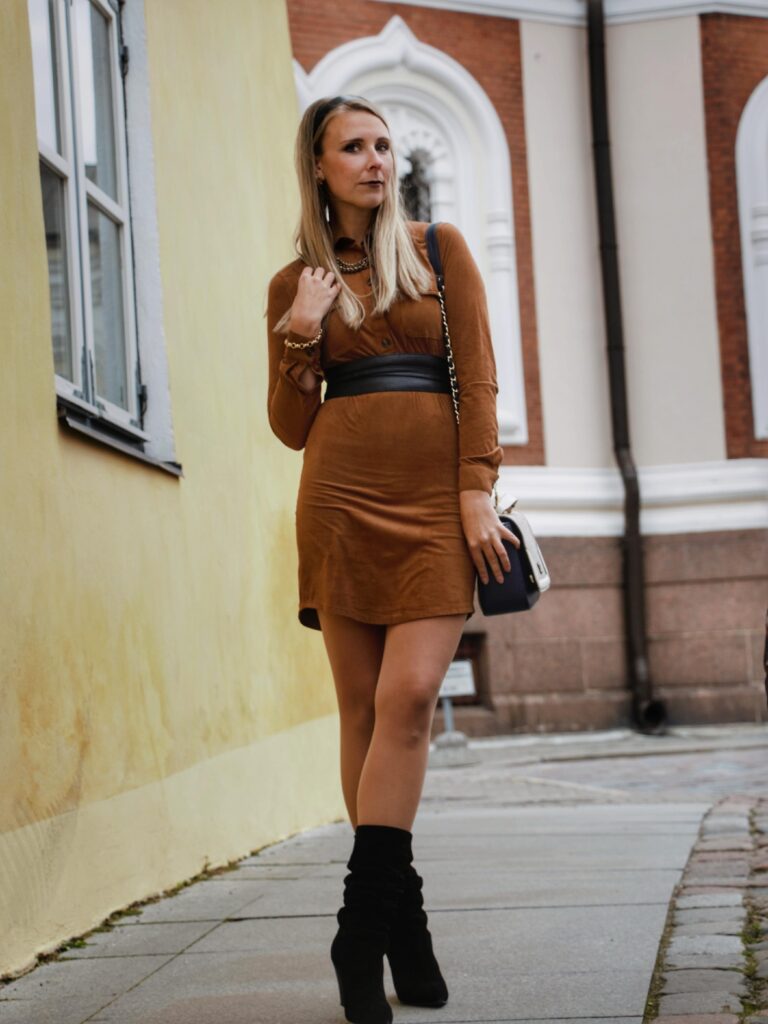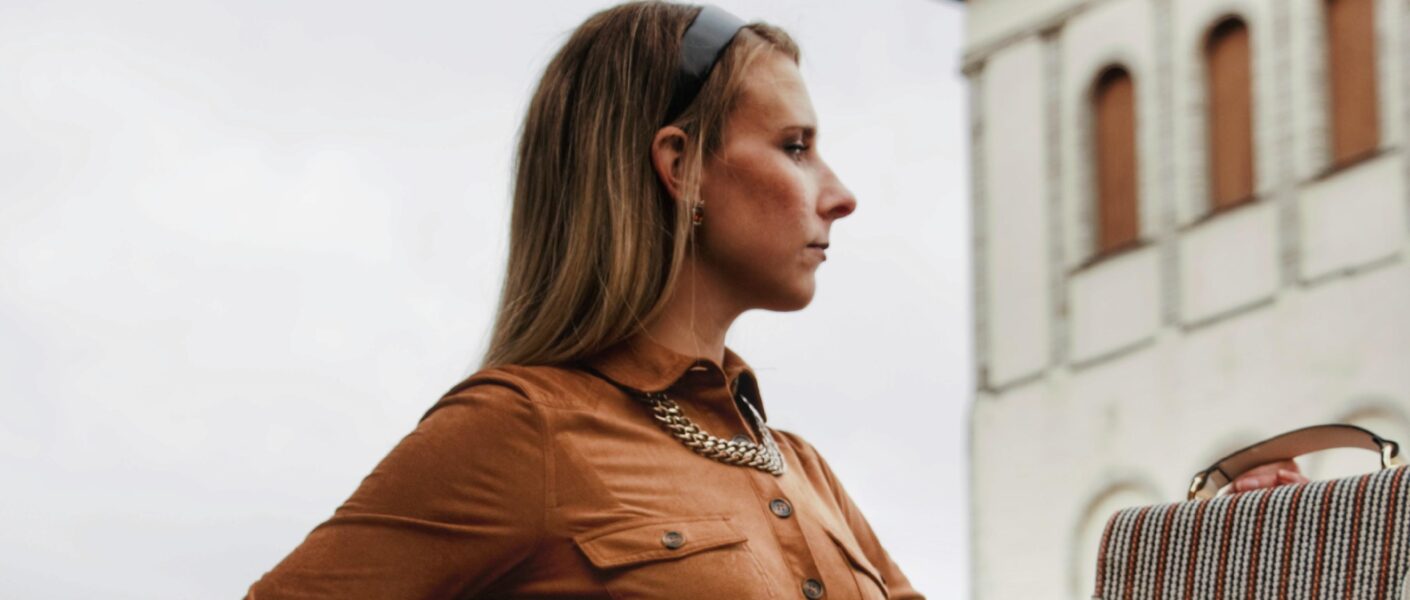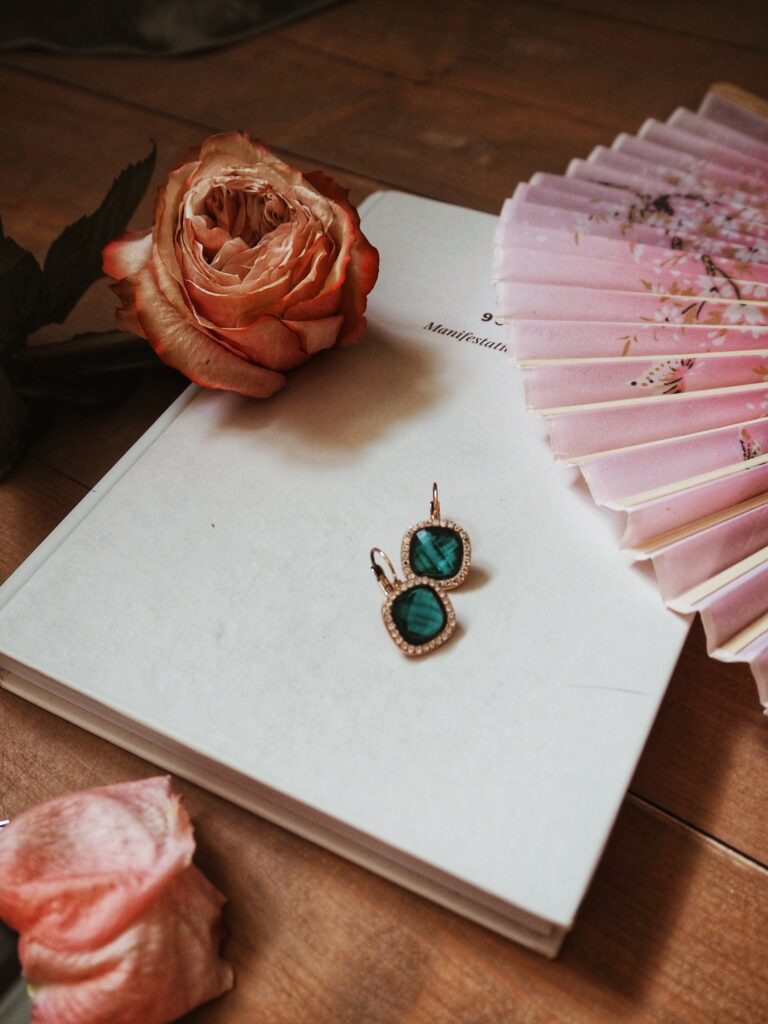Finding oneself in an abusive relationship is extremely unfortunate, putting it mildly. Some of us don’t understand we’re in one until after we’ve broken free from one. And we can’t heal from everything that such a “relationship” leaves behind until we figure out how we ended up in such a situation in the first place.
We’ve all heard the saying “You attract what you are“. But for someone like me, who has survived an abusive relationship, that’s like hitting me in the face with a brick.
Are you seriously telling me that I ASKED to be treated like trash? That there’s something about me that attracted an absolute monster to waste my time and energy? That to attract pure shit means you’d have to be shit yourself?
You’re saying that to me?! Me, who’s always had a healthy self-esteem and who knows her value? Something’s not adding up here!
After getting fully(!) rid of the creature that tormented me I spent years trying to figure out how and why I ended up with him of all people? And why did I stay for so long even though I knew from the first date that he didn’t treat me well enough?!
I think I’ve finally cracked the code, so I’d like to share my discoveries with you all, in case it helps someone else.

5 Reasons Why an Abusive Relationship is NEVER Your Fault
I’ve never lacked in terms of self confidence and knowing exactly who I am:
- when I look in the mirror I see myself and I like what I see
- when someone calls me names, they don’t affect me because I know the truth and they (clearly) don’t
- compliments are nice but if you can’t come up with anything more original than “you have beautiful eyes”, I’m not impressed.
Despite all of that rare self awareness I ended up in a relationship with a narcissist. And while in it, I knew I was treated badly. My confidence did protect me to some extent, though:
- he called me fat so I went to stand in front of a mirror, checked myself out and informed him that he needed his eyes checked
- when he complained that I complain all the time I considered the complaint and tried to make adjustments where/if I saw them necessary
- if he claimed that I’m just using him as a wallet, I reminded him that I had NEVER asked him for anything: not for the bags or the travels, he paid for all of those things of his own accord, and thus couldn’t pin any of it on me.
Despite all of that I was broken goods once I got rid of that creature. It took me years to realise I was traumatised by the abusive relationship. But once you get to that point, the recovery journey can start. And while on it, you realise that ending up in a relationship with an abusive person is never your fault. How come, you ask?
Reason 1: Manipulators are sneaky as heck and obsessed with control, not you
Abusive people are often like that because there’s something seriously wrong with them. Their brain doesn’t function normally, which is why they think that the only way to survive in life is by manipulating other people. This often starts in childhood and parents can be the enablers by unwittingly creating abusive characters.
In an abusive relationship manipulation is used to establish control over you. It is often practiced through:
- first charming you
- then gaslighting you
- and love-bombing you in the middle of it all.
In many cases the relationship follows a clear pattern: a week of blissful existence as the centre of attention. And then a week or two of ghosting, name-calling and mental abuse.
This breaks down your defences and slowly degrades your self-esteem resulting in a fragile state where you focus on the short blissful periods at the expense of your mental and physical wellbeing.
You end up living on nothing but hope. Hope that your partner loves and cares about you. And you’ll stop at nothing to make sure they do…
Reason 2: Abusers thrive on our trust and vulnerabilities = You’re a good person, they are not
Once the abusive partner has got you “under their spell” they start sucking the life juices out of you. Literally! The more miserable you are, the stronger they feel. Does that mean that you accept the abuse if you hope for the best and do everything in your power to make the abusive relationship work?
I used to think that yes, it does. I knew I was being treated badly and yet I chose to stay. Why? Because I saw through him: through his lies and his pretense I saw a broken man. And I wanted to help and support him.
Now I see, though, that actually that just makes me a lovely person. An angel almost! And despite all of my effort and sacrifice he couldn’t give me even the slightest bit of empathy, sympathy, let alone love. I may have been broken but he was a cunt! And that is not my fault.
As difficult as it is to accept when you’re in such a weak state, the fact remains: your capacity for love and trust makes you a higher being than your abuser could ever be.
Reason 3: Abuse becomes the new normal, but it doesn’t decrease your value
As I mentioned earlier, an abusive relationship follows a pattern. After the calm comes tension, which you intuitively know before it even starts. Then comes the explosion, the ghosting and then a miraculous reappearance and reconciliation that feels like emerging from underwater right before drowning.
The longer this pattern is repeated, the deeper into false hope you sink. And the abuser will obviously strengthen that false hope by demonstrating “remorse” (as far as they’re able, because they’re actually not). After a while you find yourself thinking that this is how it should be. Surely everyone else around you is going through the same “ups and downs” in their relationship, right?
In some abusive relationships the abuser isolates you from your friends and family. In others, your friends just fade away because they can’t handle watching you wither away. But again, this doesn’t mean that there’s anything wrong with you. In abusive situations there is only one party to blame and it is always and only the abuser.
Reason 4: Society rewards criminals and blames victims; The system is the problem, not you
As stated previously, some parents can raise their children into abusive partners. And this perfectly showcases the fact that our society is the actual core of the problem. We live in a world where victims are often blamed for the crimes they’ve suffered from. This is true especially in cases of sexual violence.
This doesn’t just tell the abusers that they can behave as they do in an abusive relationship. It also causes the victim to internalize the belief that they should endure pain for the sake of the relationship.
When we add that to the toxic narratives around love, relationships, and forgiveness brought to us by a religion that was invented by control-hungry men, we’ve got a proper mess in our hands. A mess that doesn’t benefit anyone, even the abusers, in the long run.
Reason 5: A cunt is always a cunt, you can’t help them (even though we try…)
No matter how deep in feelings of guilt, humiliation and shame we can dwell, none of it changes the main issue. We never ask to be treated like shit! And we never ask to be disrespected, hurt and traumatised. We just want to help these creatures that for whatever reason lack all control of themselves, so they obsess over controlling others.
Ultimately, the full responsibility of an abusive relationship lies with the abuser. They are the ones who make the choices to harm others. And as such, they are the only ones that should be held accountable for their actions. Nobody is born into this world as a cunt. Unfortunate circumstances can shape some people into cunts, but even those people can choose to be better.
Most of them won’t. And that is testament of their absolute weakness. It has nothing to do with us.
Final Thoughts on Being in an Abusive Relationship
Finding yourself in an abusive relationship, any relationship, whether it’s family, friends or a spouse, is never your fault! A cunt is a cunt and they were a cunt way before they met you. None of it has anything to do with you!
To survive an abusive relationship and find the strength to move on makes you one of the strongest people on the planet. Not everyone is able to get over and move on from such an ordeal. So, if you have done so, give yourself a round of applause! ♥
FAQ
Why did I stay in the relationship for so long?
Many victims stay in abusive relationships due to reasons, like emotional attachment, hope for change, and fear of leaving. Abusers use manipulation and create dependency and fear, which can make it hard for victims to see the situation clearly or feel they have the strength to leave. Remember that staying doesn’t mean you condoned the abuse; rather, it reflects complex emotional and psychological influences.
Did I cause the abuse by my actions or words?
No one asks to be abused! Abusers choose to act violently or manipulatively, and they often deflect blame onto the victim. While conflicts are a part of any relationship, they should never escalate to abuse and the responsibility for abusive behavior lies solely with the abuser.
Should I have seen the red flags earlier?
Many people struggle with recognizing early signs of abuse. Abusers can be incredibly skilled at concealing their true nature, and initial behaviors might seem harmless or even loving, so victims are caught off guard by the transformation in behavior. Hindsight might lend clarity, but it’s important to understand that your wanting a loving relationship is never a fault.
Why do I feel guilty for getting involved with an abuser?
Feelings of guilt are common among abuse victims, stemming from societal narratives that suggest personal responsibility in relationships. However, you are not to blame for someone else’s choice to abuse. It’s vital to separate your feelings of guilt from the objective reality that the abuser is responsible for their actions alone.



